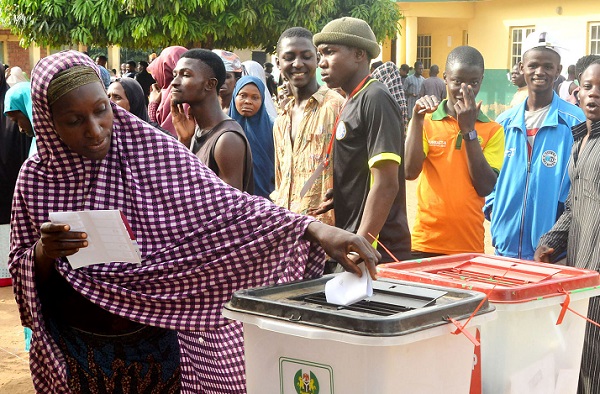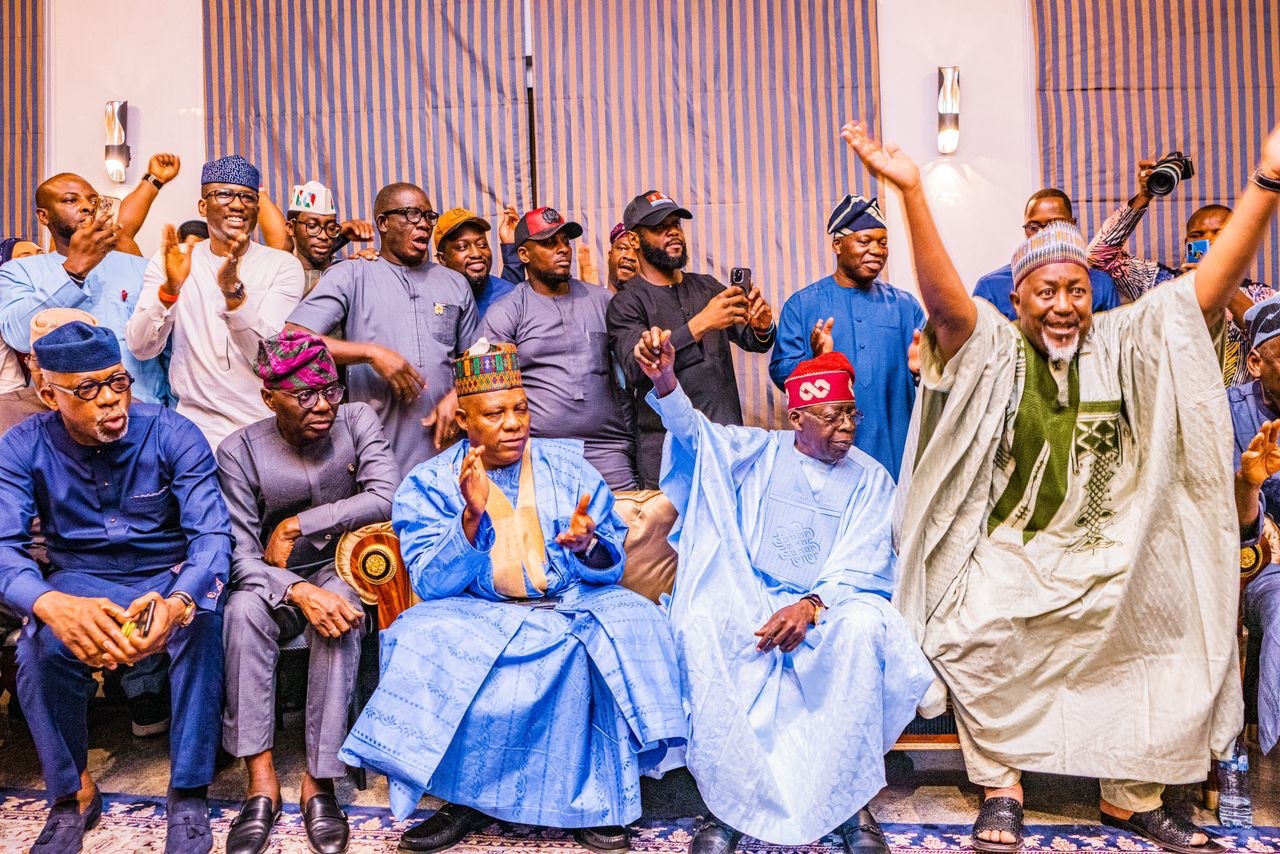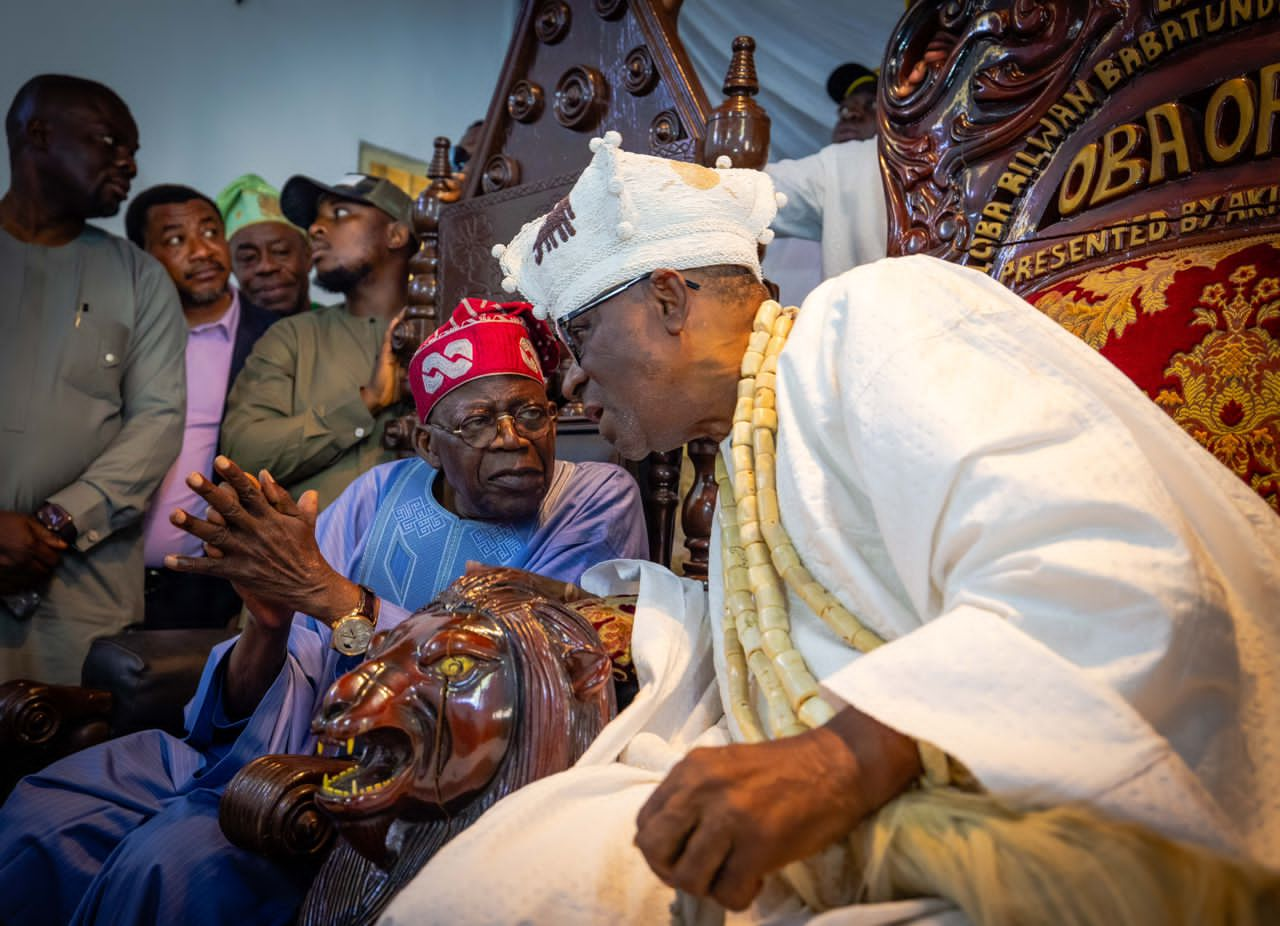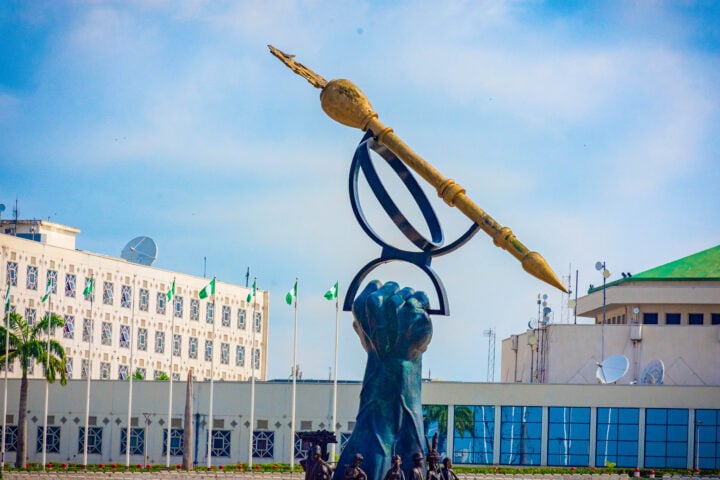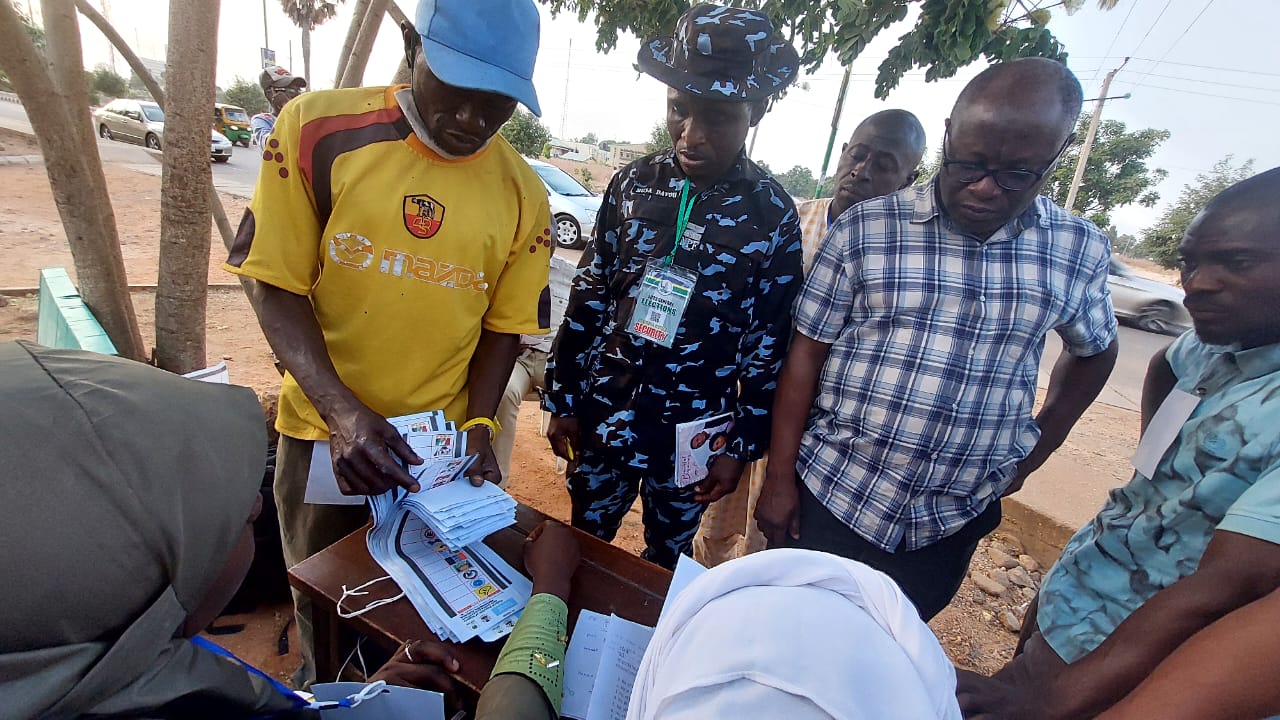Six tips for Nigerian voters on election day
OrderPaper Advocacy Initiative (OAI), a non-profit organisation, says many Nigerians voted for candidates based on the popularity of the political parties.
OAI said it carried out an observation and monitoring exercise for the presidential and national assembly elections and used an exit poll to ascertain the reasons citizens voted.
In a statement released on Thursday, Oke Epia, OAI’s executive director, said the majority of citizens voted for parties due to the bandwagon effect more than any other consideration.
“This means that most votes for candidates standing for senate and house of representatives seats were cast based on the political party platform they ran on; as well as the choice of voters for the post of president. The appeal of individual legislative candidates played the least consideration for voters in making their choices,” the statement reads.
Advertisement
“Randomly selected voters were interviewed for the exercise conducted by 415 citizen observers deployed to 326 polling units in the 360 federal constituencies across the 36 states of the country as well as the federal capital territory (FCT), Abuja….
“The results of the exit poll, which was deployed immediately at the end of voting at the polling units, showed that only 32.71% of respondents who partook in the exercise made their voting choice on the appeal of the candidates. On the other hand, 61.35% of the respondents chose their candidates based on the two factors of party affiliation and choice of presidential candidates. The remaining 5.94% of respondents polled based their ballot decisions on other random factors.”
OAI said the poll also showed that there was improved participation in the national assembly elections as 94 percent of the respondents across the country voted in both the senate and house of representatives elections and not just the presidential polls.
Advertisement
The assessment also showed that the north-east with 95.16 percent recorded the highest participation in the legislative elections while the south-east recorded 89.09 percent participation.
Advertisement
Add a comment
